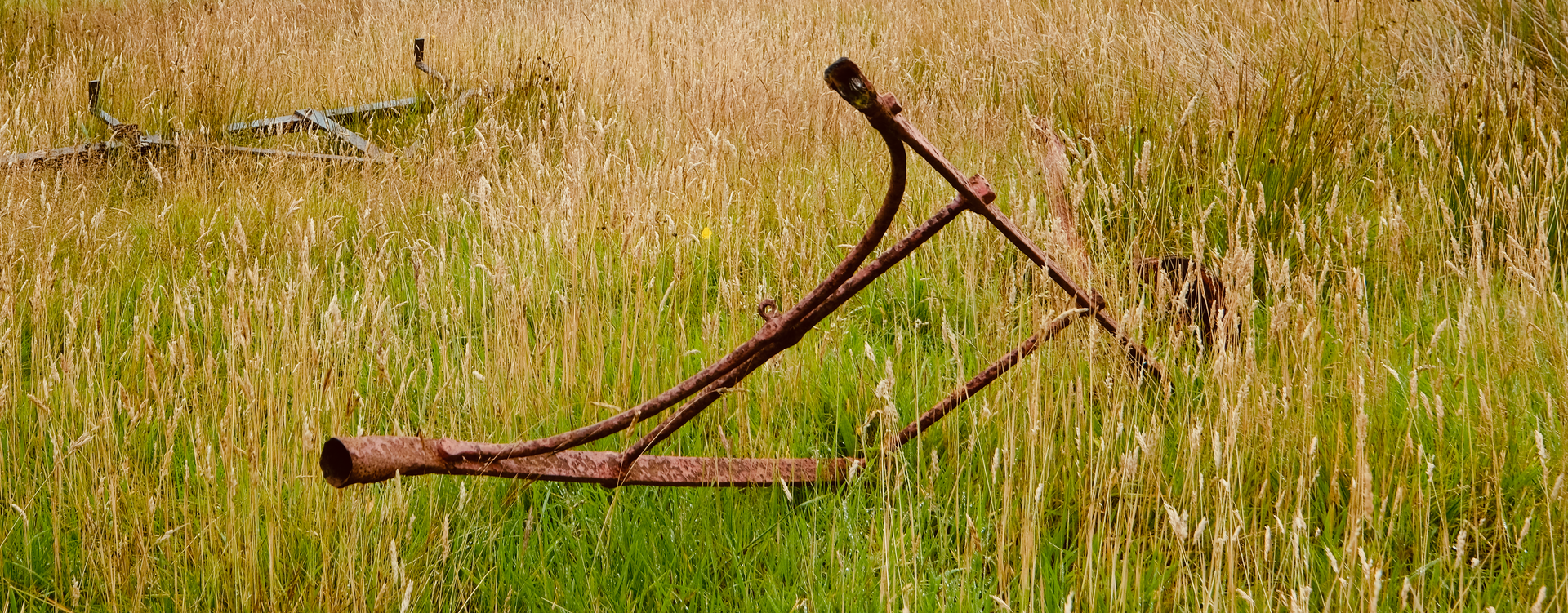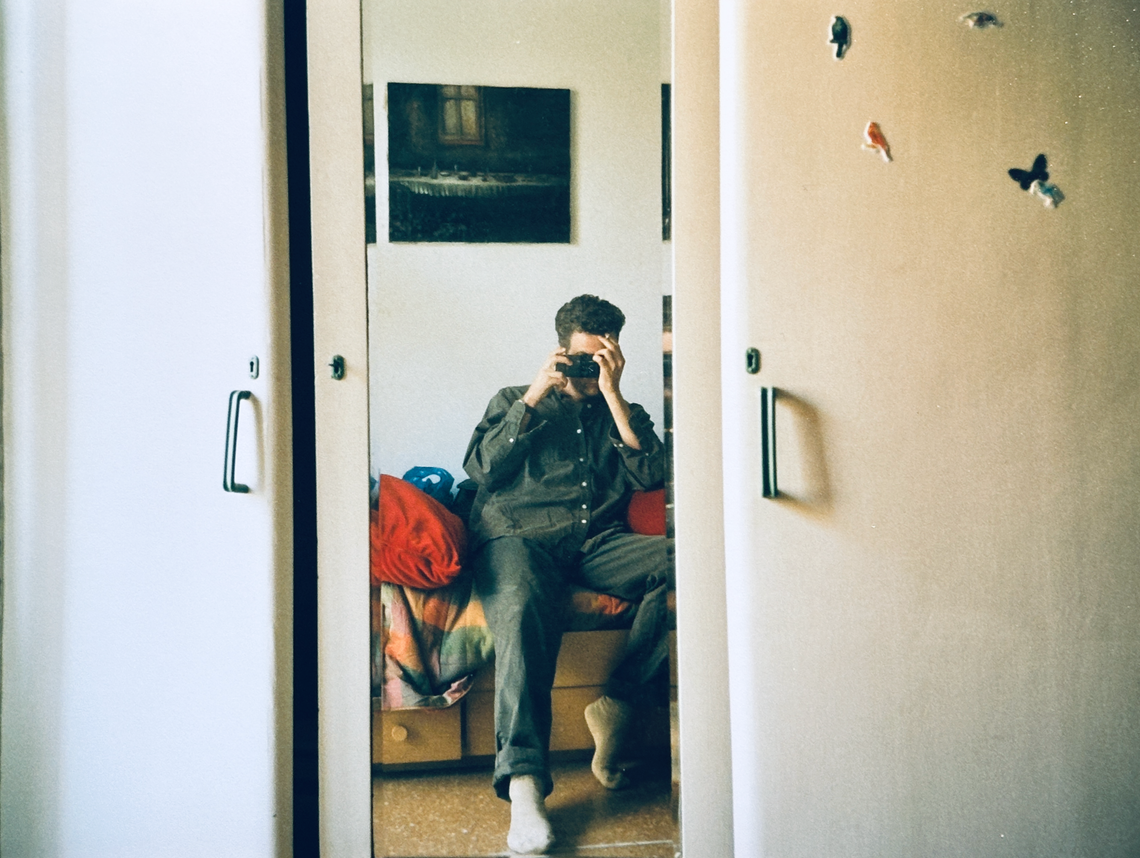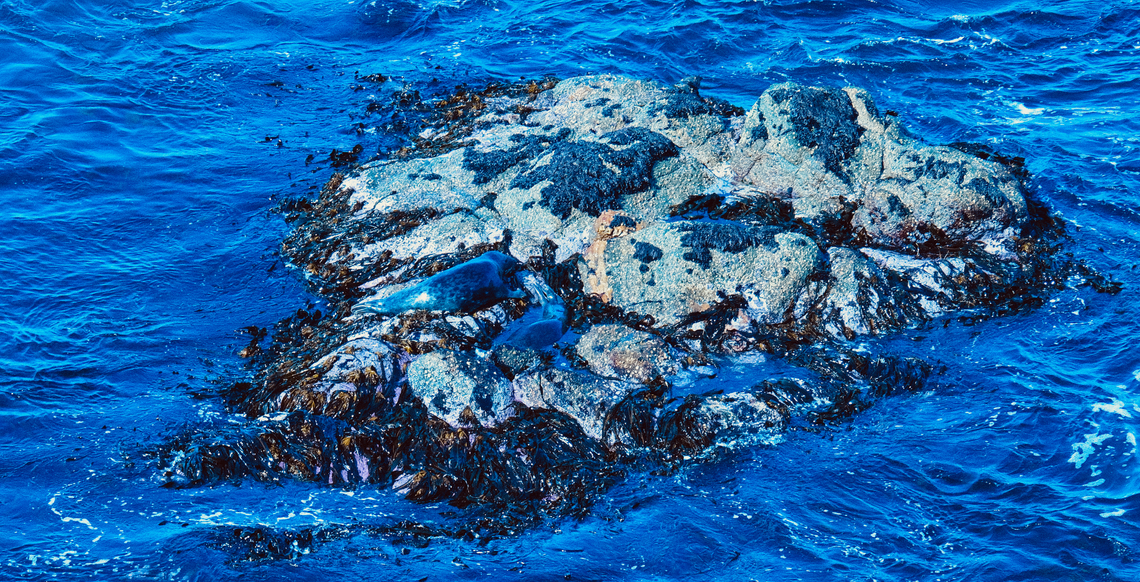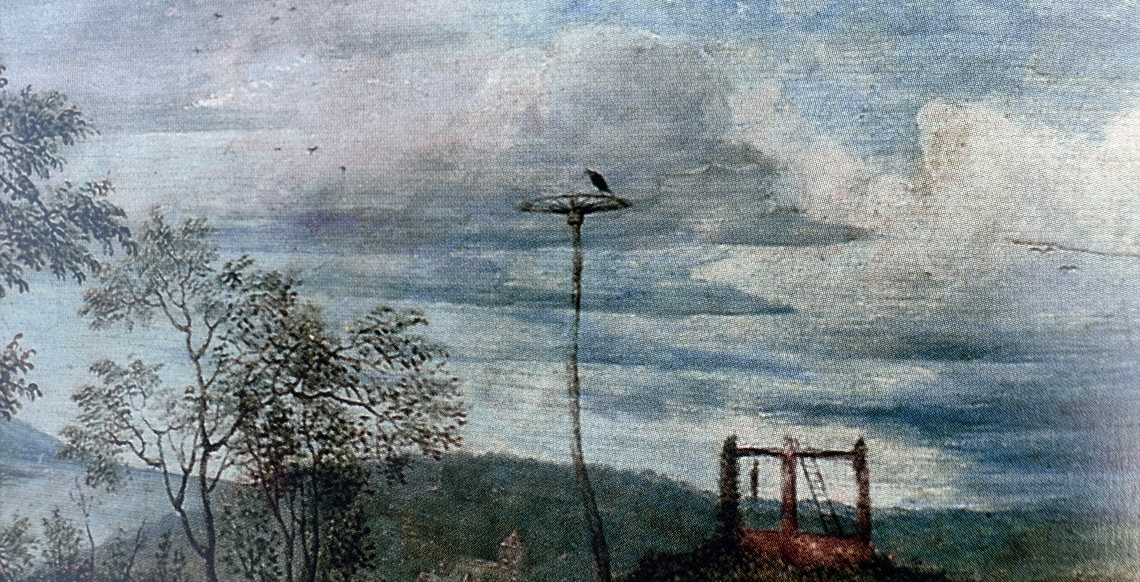George Mackay Brown spent the first five years of his life at 80, Victoria Street, Stromness. His front door gave on to a narrow side street running down to Clouston’s pier, named for the man who fished from it, Tanmack Clouston.
Brown recalled it as a minor but troubled Eden. He lived in fear, he wrote later, of pedlars carrying him away, and sometimes listened at the door to his father soliloquise his troubles and depression.
But it was also a place of warmth, where he was allowed to play and dream on the doorstep, watch Tanmack Clouston at his fishing work; his father, when he was not anxiously pacing, was a witty and agreeable soul, and his mother he described as the most constitutionally cheerful woman he ever knew. All his life, then, he knew Eden to be located a few hundred metres from his flat, just along Victoria Street, opposite the Orkney Television Enterprise. If he could only find his way back.
...
Eden is a neurosis of settled people, a collective memory of a time when, your environs exhausted, you could simply move on to a new place, knowing that when you return you will find everything renewed, and you will once again (and again and again) be plucking armfuls of ripe fruit down from the trees, watching the salmon leap, the deer pass close by in the dawn light; or dying in the attempt. The Promised Land and Eden, movement toward and away from, all are one.
I am not a believer in Eden: early memory is just an irrational jumble of fragments. My father said his earliest memory was of a Jewish funeral in his council flats on Portpool Lane, just off the Gray's Inn Road; the staircase was so narrow, he said, they had to bring to coffin down vertically, and for a long time afterwards he understood that that was how Jewish people were buried. Or my mother, in the West of Ireland, numbered among her first memories a tableau of climbing out of a ground floor window with her mother, to avoid the landlord. And I can recall as a very small boy sitting on the doorstep of our new-build house, wearing a fireman's hat over my lopsided mop of white-blond curly hair, glumly guarding the premises, like the angel of the Lord, against the return of my mother, who had been for a long time in hospital.
But all this is just the way things happened to be. To be expelled from Eden is really just a matter of of gathering what you can carry and moving on to the next camp. No great trauma.
...
The adult education centre of Newbattle Abbey south of Edinburgh, where George Mackay Brown studied for two years in his thirties, was run by his fellow Orcadian poet, Edwin Muir and his wife, Willa, the translator of Kafka.
Muir was a generation older than Brown. He had spent his childhood on a farm on the tiny island of Wyre just north of Mainland, by Rousay and Egilsay. From the farm, growing up, he could see the round tower of the church erected on Egilsay on or near the spot of St. Magnus’s martyrdom.
When Muir was about ten, his father took on a new, bad farm on Mainland, not far from Kirkwall, where Muir went to school; and then, when he was fourteen, the family moved to Glasgow. In Glasgow, in the space of two years, his parents and two of his brothers died; the remaining children went their separate ways, and the family was broken up.
Muir scraped a living in Glasgow working in various offices and then, worried he was about to lose his job in the office of a beer-bottling factory, he accepted an offer of a new position in a bone factory. The factory was in the town of Fairport, to the South of Glasgow. In this place, the bones, fresh and decaying, of slaughtered animals were processed and broken down into charcoal. They arrived by the trainload, covered in flecks of greasy flesh and crawling maggots, and attended by all the gulls in Christendom. A hellish place. Muir was lucky to the extent that, a bright boy who could read well and write a clear hand and do arithmetic, he worked not in the boneyard but in the office which administered the boneyard. But, he later wrote in his autobiography, he could never soap the grease or the stench away ("a gentle, clinging, sweet stench, suggesting dissolution and hospitals and slaughter-houses, the odour of drains, and the rancid stink of bad, roasting meat"); and on his days off, there was nowhere to go.
He maintained his sanity and detachment, he wrote later, by attending to his office work with meticulous precision, as though the order he imposed there might protect him; but the business itself was a minor chaos of inefficiency, and he frequently had to improvise excuses to head office in Glasgow.
...
There are times in every man's life when he seems to become for a little while a part of the fable, and to be recapitulating some legendary drama which, as it has recurred a countless number of times in time, is ageless. The realization of the Fall is one of those events...
Edwin Muir, An Autobiography
...
Muir escaped this particular version of hell by industry and good fortune. Already in Glasgow he had started to attend adult education classes, to dabble in socialism, to write a little poetry. And he now met a woman, Willa Anderson, whom he married, and with whom he would go to live in Germany. Slowly, they built a literary life together (although it was so precarious that towards the end of their lives, and in spite of a Harvard professorship and time as Warden at Newbattle, they were still living hand-to-mouth).
In later life, unsurprisingly, Muir would regard his childhood on Wyre as a sort of temporal Eden, to the extent that Eden became a controlling metaphor in his poetry. On Wyre the family had been together, and he, a small child, had had no sense of the passage of time (until aged seven, that is, when he had started to go to the little one-room school on the island, and had encountered pure tedium for the first time in his life; he writes that he tried with eye-watering will-power and conspicuous failure to force the hands of the schoolroom clock around).
A good farm, he wrote in his autobiography, was a renewable resource, in contrast to the finite resource of money made through wage-labour. That may or may not be true, but his good farm, his renewable resource, is just a fragment of memory before the passage of time began for him. Perhaps we should not trust it. Perhaps he did not, in truth; perhaps he understood it merely as a hypothesis, a point of departure from which to begin to draw meaningful patterns.
The good farm on Wyre was lost in the end through the exactions and incompetence of a bad landlord, whom we meet in Muir’s autobiography only once, shooting at little birds in spring—an action running counter to all good seasonal land management. But then, there are no seasons in Eden, I suppose.
...
It was Edwin and Willa Muir who saved George Mackay Brown. Newbattle welcomed men and women who had missed out on a regular education, and sent many off them off on academic careers. But it also provided, for introverts and depressives like George, a little bubble of off-island paradise. When George started to attend Newbattle, he had been living in penury between his mother’s house and sanatoria in Kirkwall and Aberdeen. At Newbattle he found himself in a deeply conducive community. The first year, in particular (in the second, he was unwell) was a span of time of the most alloyed happiness he would ever experience. Later in life, Muir, reflecting on his time there, noted that the place had about it 'some faint air of Eden'.
Muir quickly recognised Brown’s gifts as a poet. It was through his offices that George was published, first in The Listener, in The Scotsman, later Harper's Bazaar, and elsewhere; and then at the Hogarth Press, which remained his publisher for many years.
A little ramshackle Eden then, built over the ruins of a Cistercian monastery, inhabited by misfit scholars and stuttering poets, always struggling for funds, presided over by a mild poet (whom George Mackay Brown liked to think of as the abbot, and they the monks) and his wife, the translator of Kafka.
It was, if nothing else, a place from which to set out.
...
When Muir had left Orkney with his family, it was from Stromness that they sailed, under a dark and leaden sky.
And the last time George Mackay Brown saw him, shortly before Muir's death, was at the hotel opposite the pier from which he had sailed.
As if to say, we are always seduced in the end by the meaningful patterns. Our multiple, ignis fatuus Edens.
...
The child plays, in his island, his eyes filled with the sun...
...A little ship sails its horizon forever, freighted with bales and barrels of the sun.
Below, his father opens the door of a simple field to the golden guest, the sun.
George Mackay Brown, Edwin Muir




